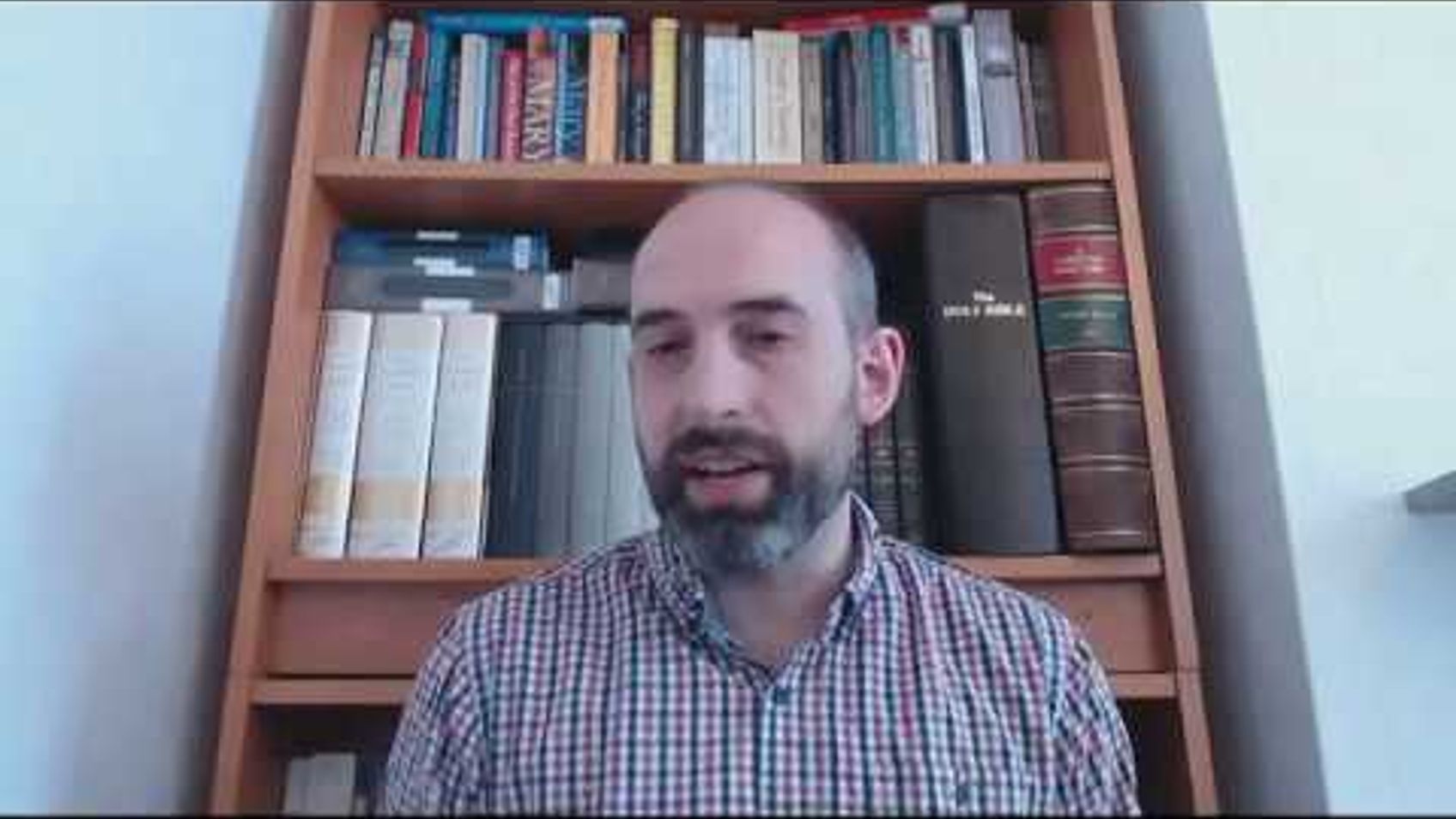Q&A#142 Sola Scriptura, Roman Catholicism, and the Quest for Certainty

Today's question: "I have been having some struggles with the doctrine of sola scriptura & private interpretation. The issue I'm running into is whether the Bible alone is actually sufficient to come to answers on primary (or what I view as primary) doctrines.
For instance, for several years I have been unable to come to any conclusive answer about what communion "is" (real presence, symbolic etc.). One can try to exegete as best as possible, use early church writings etc, but at the end of the day, it seems that it boils down to one's best guess of what Jesus meant by "This is my body." Luther, Calvin, Zwingli all had their own best guesses that differed from each other. Given that communion is a command of Jesus, the variety of viable opinions in Protestantism on how to practice/think about communion makes me feel that I will never be able to achieve any sense of certainty that I am even obeying Jesus' command correctly or interpreting him correctly.
This same issue has been popping up for other doctrines, such as whether sacraments impart grace or not, is remarriage adultery etc.
At this point in my questioning, it is seeming to me that Protestantism, in framing Christianity by the Solas, is necessarily forced to subjectivize/be non-conclusive about matters that Protestants say are of secondary importance (communion, divorce etc) but may actually be of first importance.
This perceived "insufficiency" of fairly unanimously defining more crucial doctrines by Scripture alone is leaning me towards a Catholic position. On a practical level, I'm feeling that if I were to remain a Protestant, I would be piecing my religion together with no reasonable sense of assurance that I'm in the right ballpark, rather than accepting something revealed (ie. Catholicism) wholesale."
My blog for my podcasts and videos is found here: https://adversariapodcast.com/. You can see transcripts of my videos here: https://adversariapodcast.com/list-of-videos-and-podcasts/.
If you have any questions, you can leave them on my Curious Cat account: https://curiouscat.me/zugzwanged.
If you have enjoyed these talks, please tell your friends and consider supporting me on Patreon: https://www.patreon.com/zugzwanged. You can also support me using my PayPal account: https://bit.ly/2RLaUcB.
The audio of all of my videos is available on my Soundcloud account: https://soundcloud.com/alastairadversaria. You can also listen to the audio of these episodes on iTunes: https://itunes.apple.com/gb/podcast/alastairs-adversaria/id1416351035?mt=2.
More From Alastair Roberts
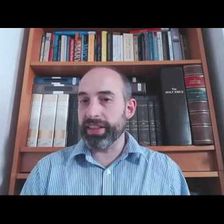
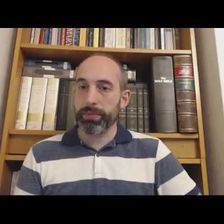
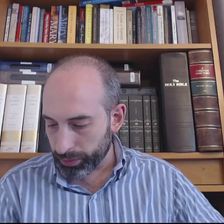
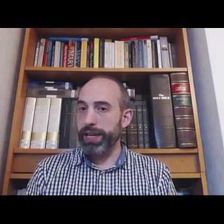


More on OpenTheo















